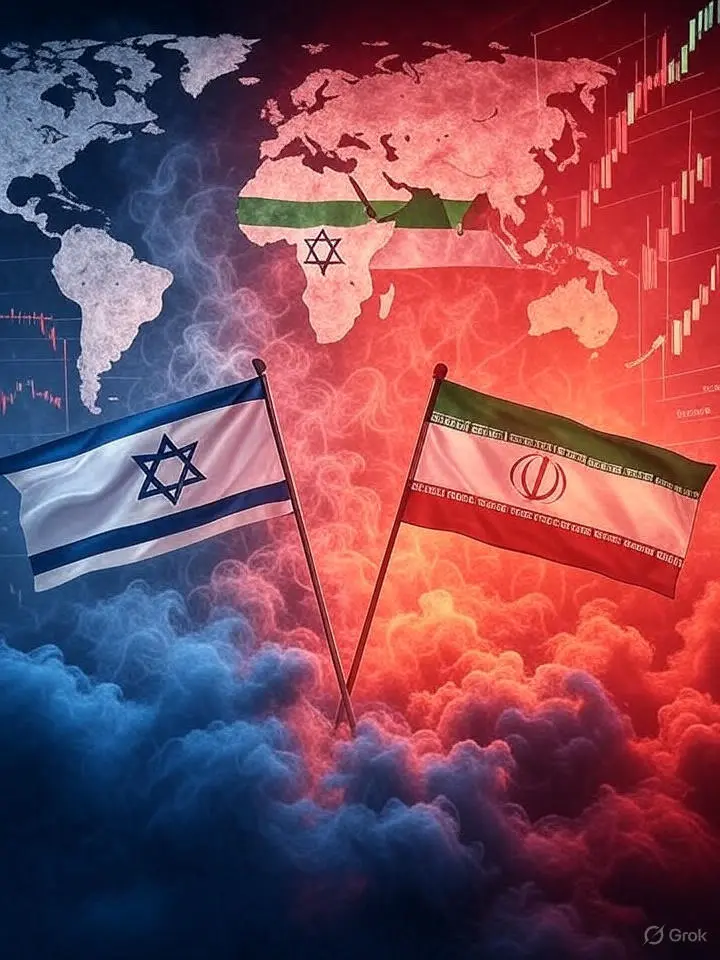This applies to companies, which are registered in Russia

The President signed amendments to the law "On Joint Stock Companies". The document prohibits Russian companies from placing receipts for their shares on foreign sites and obliges to delist those receipts., which are already being traded.
Depositary receipt is a security, certifying ownership of another security, usually a promotion, traded abroad. Receipts are issued, so that investors of one country can invest in securities, which are traded on the exchange of another country, and at the same time invested on their usual exchange.
Which companies should delist
The law came into force on the day of publication, 16 April, and the article on the delisting of depositary receipts will take effect through 10 days — 26 April. When will this rule enter into force?, Russian companies will have 5 working days, to terminate the contracts for the placement of receipts. After that, more 5 working days, to report to the Bank of Russia.
At the same time, the government on an individual basis may allow some issuers not to delist.
The new law will affect companies, who are registered in Russia and have placed receipts abroad. This is Sberbank, Gazprom, Norilsk Nickel and others.
But on foreign issuers, which are registered in other countries and whose shares are traded on foreign exchanges, amendments will not work. For example, it's Yandex, HeadHunter and Ozon.
The government has prepared a law after the collapse of Russian receipts on the London Stock Exchange in late February - early March. So, Securities of Sberbank, "Gazprom", "Lukoil" and others fell in price on 90% and more. After that, the exchange stopped trading in these securities.. U.S. Exchanges NYSE And Nasdaq also suspended trading in Russian securities at the end of February.
Here are the companies, which will potentially fall under the law:
- Sber.
- Gazprom.
- Gazprom Neft.
- "Magnet".
- Lukoil.
- MTS.
- Norilsk Nickel.
- "Rusal".
- RusHydro.
- Severstal.
- Surgutneftegaz.
- Phosagro.
- Rostelecom.
- VTB.
- Sistema JSFC.
- MMC.
- NLMK.
- Novatek.
- "Pole".
- Rosneft.
- "Tatneft".
- FSK UES.
- "LSR Group".
- NMTP.
And these companies, probably, such a fate will pass:
- TCS Group.
- Yandex.
- VK.
- X5.
- HeadHunter.
- Ozone.
- Fix Price.
- MD Medical Group Investments ("Mother and Child").
- Globaltrans.
- Etalon Group.
- Petropavlovsk.
- HMS Hydraulic Machines & Systems Group.
- O’KEY Group S. A.
- Polymetal.
- QIWI.
- ROS AGRO.
- Softline.
- Cian.
- United Medical Group.
- Veon.
What this means for investors
According to the adopted law, holders will be able to convert receipts into shares, which are traded on the Moscow Exchange. But it's unclear, how this will work in practice, for example, for Russian private investors, who bought similar receipts through foreign brokers. No explanation yet, who these investors will have to contact to convert receipts into shares.
Also unclear, will sanctions interfere with the conversion?: European depositories now do not work fully with the Russian NSD.
Besides, those shares, the right to which is certified by receipts, will not give the right to vote, and there will be no dividends on them. Unpaid dividends can be received later - when the receipts turn into shares.

